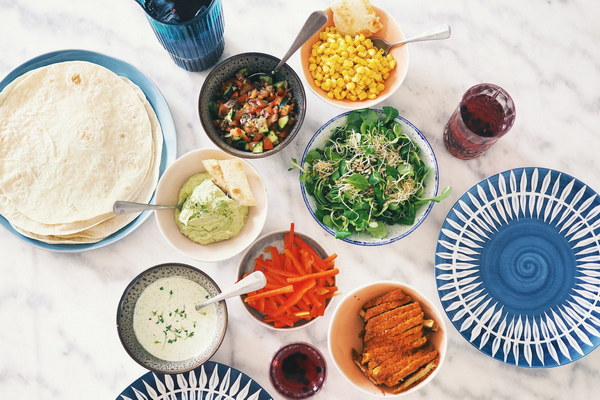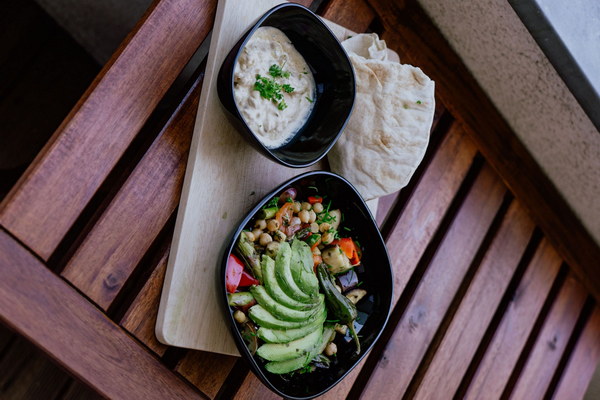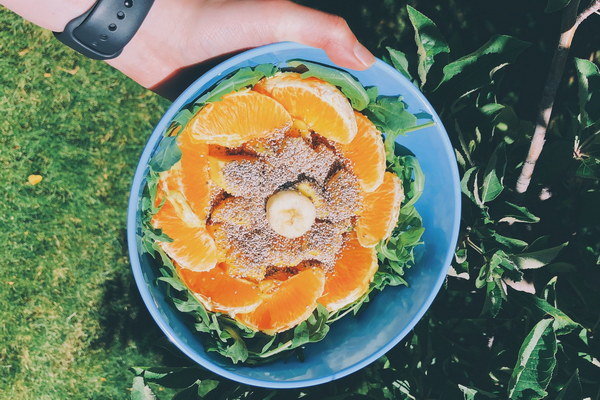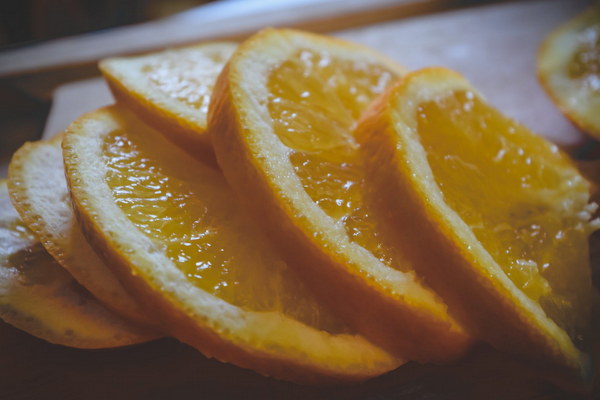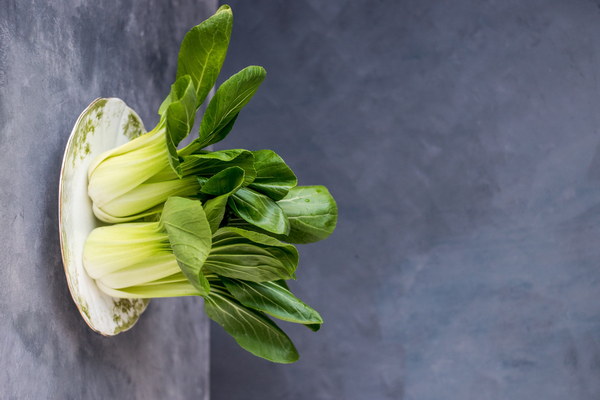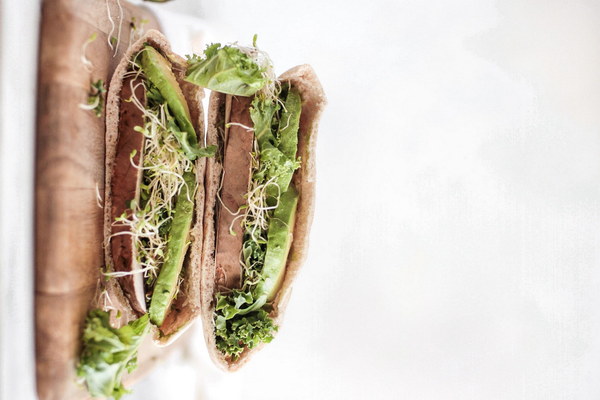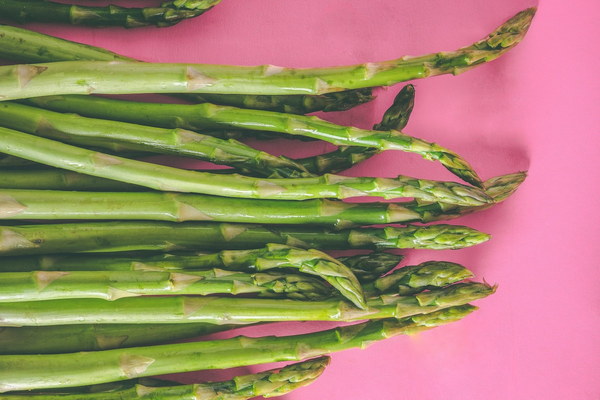Healing with Bamboo Leaves A Nutritional Delight and Health Boost
Bamboo leaves, often overlooked in the culinary world, have been gaining attention for their remarkable health benefits. Known as Bishu ye in Chinese, these leaves are not only delicious but also packed with nutrients that can boost your health and well-being. This article explores the wonders of bamboo leaf therapy, also known as bishu ye liu shan in Chinese, and how it can transform your life.
1. Nutritional Profile of Bamboo Leaves
Bamboo leaves are a powerhouse of nutrients, offering a variety of vitamins, minerals, and antioxidants. Some of the key nutrients found in these leaves include:
a. Vitamin A: Essential for maintaining healthy vision, skin, and immune function.
b. Vitamin C: A powerful antioxidant that supports the immune system and aids in wound healing.
c. Vitamin E: Another antioxidant that protects cells from damage and supports heart health.
d. Vitamin K: Important for blood clotting, bone health, and bone metabolism.
e. Iron: Essential for oxygen transport in the blood and the formation of red blood cells.
f. Calcium: Necessary for strong bones and teeth, muscle function, and nerve signaling.
g. Magnesium: Important for muscle and nerve function, blood sugar control, and bone health.
h. Potassium: Essential for maintaining normal heart function, muscle contractions, and nerve signaling.
2. Health Benefits of Bamboo Leaf Therapy
a. Detoxification: Bamboo leaves have natural detoxifying properties, helping to remove toxins from the body and improve overall health.
b. Digestive Health: The fiber in bamboo leaves aids in digestion and prevents constipation.
c. Weight Loss: Bamboo leaves can help you lose weight by promoting satiety and reducing calorie intake.
d. Heart Health: The high levels of vitamin C, vitamin E, and potassium in bamboo leaves contribute to a healthy heart.
e. Bone Health: Bamboo leaves contain calcium and magnesium, which are vital for maintaining strong bones.
f. Skin Health: The vitamin A and vitamin C in bamboo leaves can improve skin health, reduce acne, and promote a youthful appearance.
g. Immune Support: The antioxidants present in bamboo leaves can strengthen the immune system, helping you fight off diseases and infections.
h. Anti-inflammatory: Bamboo leaves have anti-inflammatory properties that can reduce inflammation in the body.
3. How to Incorporate Bamboo Leaves into Your Diet
Bamboo leaves can be used in a variety of dishes, adding a unique flavor and health benefits. Here are some ways to incorporate these leaves into your diet:
a. Stir-fry: Add chopped bamboo leaves to your stir-fries for a delightful taste and health boost.
b. Soup: Use bamboo leaves as a wrap for soup ingredients, creating a nutritious and flavorful dish.
c. Steamed: Steam bamboo leaves with your favorite vegetables and meat, locking in the nutrients and flavor.
d. Salads: Add bamboo leaves to your salads for a refreshing and healthy twist.

e. Desserts: Use bamboo leaves to wrap sweet ingredients, like fruits or rice, for a delicious dessert.
4. Conclusion
Bamboo leaf therapy, or bishu ye liu shan, is a fantastic way to improve your health and well-being. By incorporating these nutritious leaves into your diet, you can enjoy a variety of health benefits, from improved digestion to stronger bones and healthier skin. So, don't be afraid to experiment with bamboo leaves in your culinary adventures, and experience the wonders of this natural remedy.
